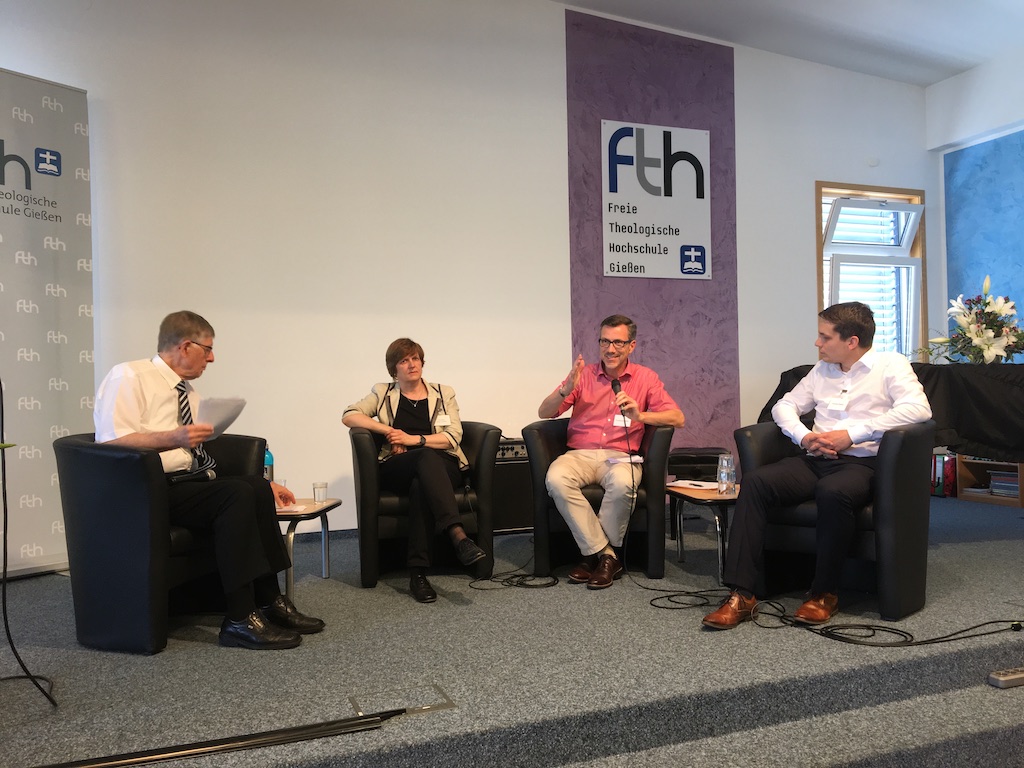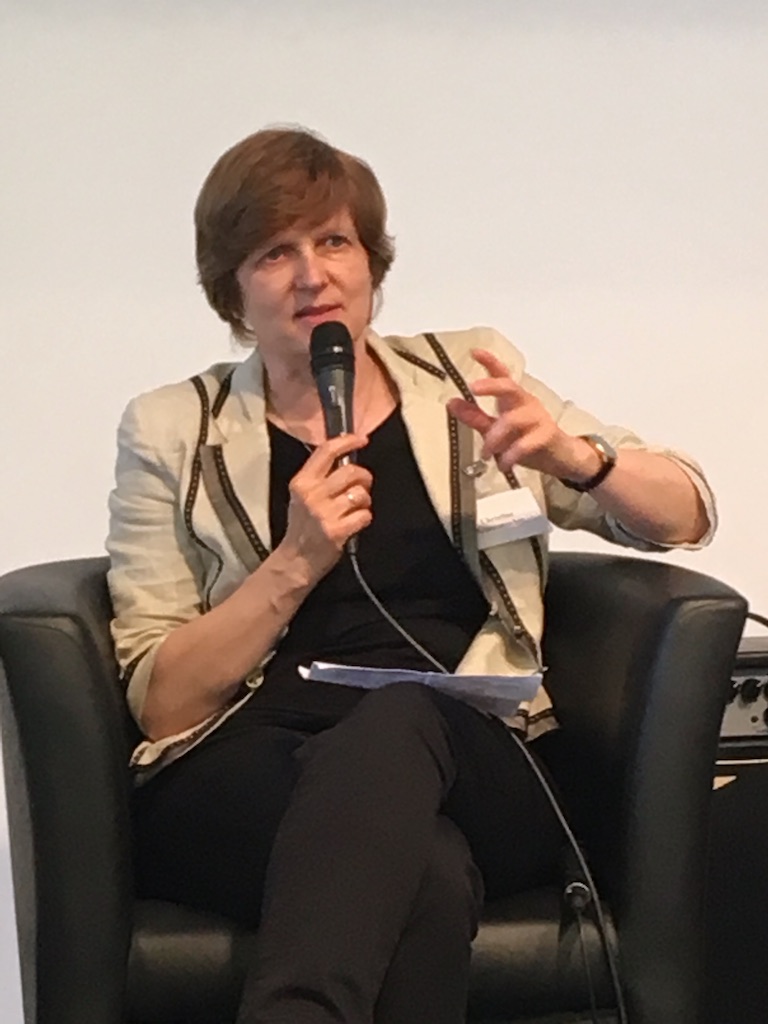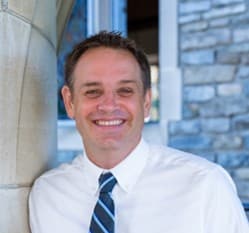(Bonn, 23.07.2018) The Islam debate in Germany must not be reduced to the fear of Islamic terrorism. This was the demand made by speakers at a panel discussion on the topic of “Islam as a social challenge” on June 30th in Giessen. According to world renowned Islam scholar Prof. Christine Schirrmacher (Bonn) the majority of the approximately 1.7 billion Muslims are not interested in a political Islam. However, it gains ground, for instance in Iran, Turkey and the Gulf states. It appropriates the arguments of Prophet Muhammad, according to which faith and politics must not be separated. This view was revived in the 20th century. Schirrmacher encouraged to increasingly seek dialogue with progressive and liberal Muslims who favour a separation of faith and politics. She regretted that their convictions were largely ignored in public debate. What’s more: Many held the opinion that liberal Muslims did not stand for “true Islam”. But thereby one adopts the position of political Islam: “We must not reduce the debate to buzzwords. There are no easy answers.”
The panel discussion was part of the symposium “Islam – Church – Mission”, on the occasion of the 80th birthday of pastor Eberhard Troeger (Wiehl near Gummersbach), one of the leading experts on Islam and the Middle East in Germany.
Islam scientist: Do not blank out evil
 Friedmann Eißler (Berlin), the Islam Expert of the EKD Institute for Research on Religious and Ideological Issues (EZW), warned on the round table of transferring the Western-influenced concept of religion to Islam. It is assumed that all religions served peace and humanity. But regarding Islam this would lead to misjudgements. Problems should not be played down. The Islam scholar Carsten Polanz (Giessen), working for WEA’s International Institute of Islamic Studies, criticised the fact that in discussion rounds on television Islam is treated solely in terms of security policy. In doing so, faith is disregarded. Furthermore Polanz regretted that Muslims, who were interested in dialogue about faith, could find less and less Christians who are capable and willing to talk.
Friedmann Eißler (Berlin), the Islam Expert of the EKD Institute for Research on Religious and Ideological Issues (EZW), warned on the round table of transferring the Western-influenced concept of religion to Islam. It is assumed that all religions served peace and humanity. But regarding Islam this would lead to misjudgements. Problems should not be played down. The Islam scholar Carsten Polanz (Giessen), working for WEA’s International Institute of Islamic Studies, criticised the fact that in discussion rounds on television Islam is treated solely in terms of security policy. In doing so, faith is disregarded. Furthermore Polanz regretted that Muslims, who were interested in dialogue about faith, could find less and less Christians who are capable and willing to talk.
Ex-Muslims join together in a new movement
 In a video recording, Yassir Eric, the director of the European Institute for Migration, Integration and Islamic Issues (Korntal near Stuttgart), explained, that worldwide more and more former Muslims who had become Christians, joined together in a network. They did not want to join the existing denominations. They’re convinced, that they could work more effectively among Muslims. According to the Associate Secretary General of the World Evangelical Alliance, Thomas Schirrmacher (Bonn), this network now has about 1.7 million members. He estimates the total number of ex-Muslims converted to Christianity up to four million.
In a video recording, Yassir Eric, the director of the European Institute for Migration, Integration and Islamic Issues (Korntal near Stuttgart), explained, that worldwide more and more former Muslims who had become Christians, joined together in a network. They did not want to join the existing denominations. They’re convinced, that they could work more effectively among Muslims. According to the Associate Secretary General of the World Evangelical Alliance, Thomas Schirrmacher (Bonn), this network now has about 1.7 million members. He estimates the total number of ex-Muslims converted to Christianity up to four million.
Troeger said in his closing message that currently more Muslims and Jews are becoming Christians than ever before. “This is a phenomenon.” The fact that many meet in their own networks and churches, he noticed with mixed feelings. According to him, the goal must be that all follower of Jesus come together in one church. From 1975 to 1998 Troeger headed the Evangelical Middle East Ministries (EMO) based in Wiesbaden. Prior to that, he had nine years of experience abroad in missionary work in Egypt. Until entering retirement in 2003, he was engaged in travel, lecture and teaching services for the EMO. Among the organizers of the symposium were the Gießen School of Theology, the EMO, and the Protestant Forum for Mission, Culture and Religion (Missiotop/Gießen), the Institute of Islamic Studies of the Evangelical Alliance in Germany, Austria and Switzerland (Bonn), and the International Institute for Religious Freedom of the World Evangelical Alliance.





Stay Connected